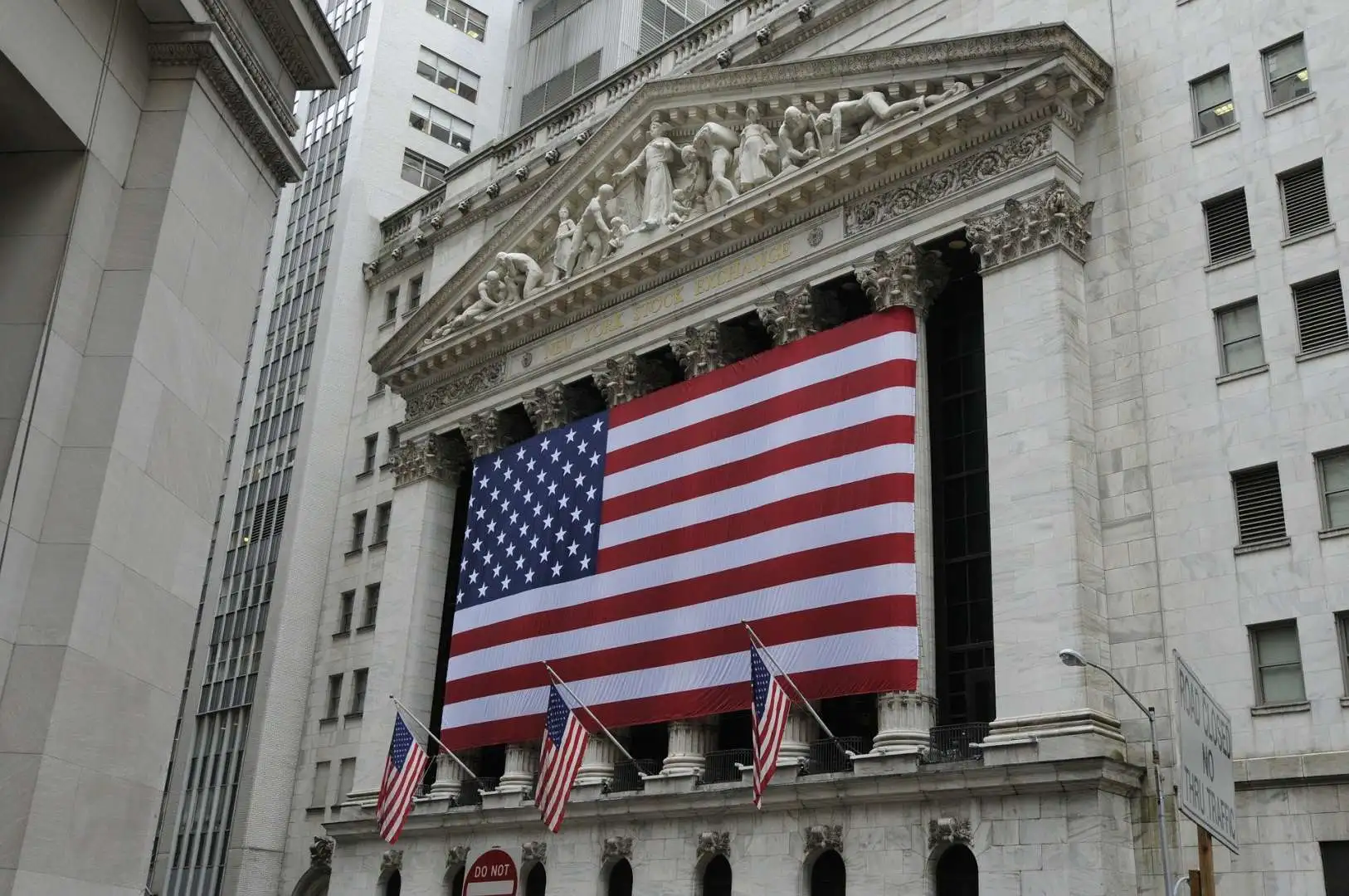
A highly debated topic today concerns the possibility of keeping the New York Stock Exchange (NYSE) open 24 hours a day, 365 days a year.
As of today, only a consultation has been launched with the aim of making this idea legal and effective.
Many investors hope that this is just the beginning of a process that will end with the implementation of such a rule in all markets worldwide, not just in Wall Street.
This initiative prompts us to reflect on the real advantages of uninterrupted market opening, considering the increasingly strong competition from cryptocurrencies, which are open to trading without hourly and daily limits.
It is still premature to express an opinion on the acceptance of this initiative, but we can highlight the advantages and disadvantages of continuous opening.
First, let’s look at some advantages:
Temporal flexibility: this would allow market participants to operate according to their time needs, taking into account different time zones that could limit trading. Additionally, this temporal flexibility could allow to trade in international markets without being affected by the opening hours of local markets.
Immediate reaction to news: stock prices would immediately incorporate information, without the risk of creating a gap between closing and opening prices due to sudden market movements during closure periods.
Increased liquidity: uninterrupted trading increases market liquidity, reducing transaction costs and improving overall efficiency.
Risk coverage: Investors can resort to hedging strategies at any time without the limitations imposed by the closures of different local markets.
Despite numerous advantages, we can also identify a bunch of risks and disadvantages. Here are some examples:
Possible increase in volatility: in reaction to more extreme price movements, which could harm less prepared investors.
Higher operating costs: Companies and financial intermediaries may incur in higher operating costs to ensure continuous customer support and manage operations in a 24/7 trading environment.
Difficulty in maintaining work-life balance: With markets open continuously, traders may feel obliged to work at higher rates, constantly engaged in monitoring markets and reacting to any changes.
Increased stress and burnout: The lack of breaks in financial markets can generate constant tension for investors, triggering high levels of stress and, in some cases, leading to burnout of market operators due to the constant pressure they are under.
To sum up, it is important to thoroughly consider the uninterrupted opening of markets, as it would generate numerous advantages but requires some ex-ante implementation of precautionary procedures and decisions to avoid underestimating risks, which could lead to market crashes and instability.
Author: Sabrina Ramdohur & Manuel Zanetti
